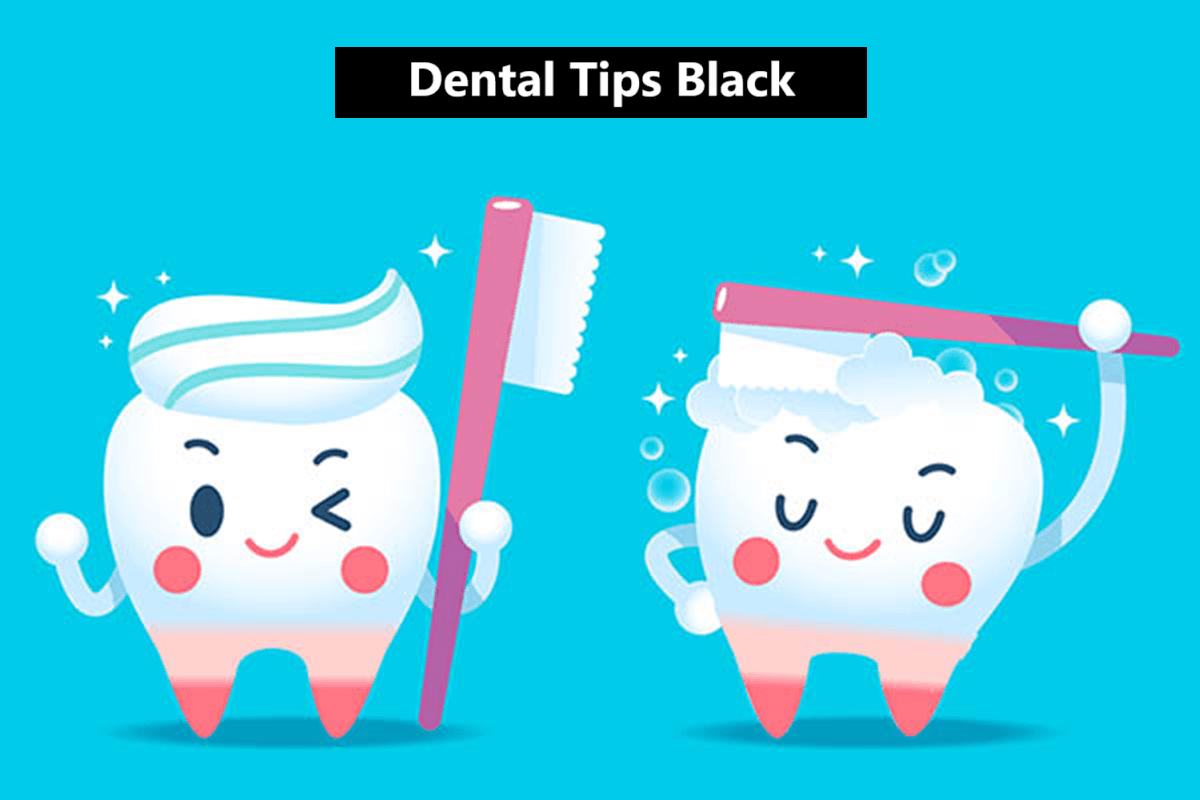Dental Care Tips for Baby. Parenthood is a wonderful journey filled with countless precious moments, and one of the most important aspects of it is ensuring your baby’s Dental Tips health. Dental care, often overlooked in infancy, is crucial for the overall well-being of your little one. This article will guide you through essential dental care tips tailored specifically for babies, ensuring their oral health right from the start.
“Dental Care Tips for Baby”
Introduction:
Parenthood is a wonderful journey filled with countless precious moments, and one of the most important aspects of it is ensuring your baby’s health. Dental care, Dental Tips often overlooked in infancy, is crucial for the overall well-being of your little one. This article will guide you through essential dental care tips tailored specifically for babies, ensuring their oral health right from the start.
1. Start Early: Establishing a Dental Routine
The journey to good oral health begins even before the first tooth emerges. Wipe your baby’s gums with a clean, damp cloth after each feeding to remove bacteria, laying the foundation for healthy gums and teeth.
2. The First Tooth: When and What to Expect
Around six months, your baby’s first tooth will likely appear. Use a soft-bristled baby toothbrush to gently clean it. Understanding the teething process helps you support your baby during this sometimes uncomfortable time.
3. Choose the Right Toothbrush and Toothpaste
Select a small, soft-bristled brush designed for infants. For children under two years old, use fluoride toothpaste in an amount no larger than a grain of rice. As your child grows, a pea-sized amount of toothpaste is sufficient.
4. Teething Troubles: Soothing the Discomfort
Teething can be challenging for both babies and parents. Provide a teething ring or a clean, cold cloth to chew on. Consult with your paediatrician before using any teething gels or medications.
5. Baby’s Diet: Impact on Dental Health
Your baby’s diet plays a significant role in their oral health. Limit sugary foods and drinks, as sugar can lead to tooth decay. Introduce a variety of nutrient-rich foods to support overall health and strong teeth.
Quiz Questions
6. Pacifiers and Thumb Sucking: When to Wean Off
Pacifiers and thumb sucking are common soothing habits. However, prolonged use can affect dental development. Gradually wean your baby off these habits to prevent alignment issues.
7. First Dental Visit: When and What to Expect
Schedule your baby’s first dental visit around their first birthday. This early introduction helps your child Dental Tips become familiar with the dentist’s office and establishes a positive attitude towards dental care.
8. Brushing Techniques: Making it Fun and Effective
As your child grows, involve them in the brushing process. Use colorful, child-friendly toothbrushes and make brushing time a fun activity. Teach them proper techniques Dental Tips and supervise until they can brush independently.
9. Emergency Preparedness: Handling Dental Injuries
Accidents can happen, leading to dental injuries. Be prepared by knowing how to handle common dental emergencies, such as a knocked-out tooth or a chipped tooth.
10. Regular Dental Check-ups: Ensuring Long-term Health
Regular dental check-ups are essential to monitor your child’s oral health. Dental Tips Dentists can detect and address potential issues early, ensuring a lifetime of healthy smiles.
Dental Health Tips:Conquering Bad Breath
Conclusion: Dental Care Tips for Baby
Incorporating these dental care tips into your baby’s routine sets the stage for a lifetime of healthy smiles. Remember, oral health is an integral part of overall well-being. By starting early and maintaining good habits, you’re giving your child the gift of a beautiful, Dental Tips healthy smile that lasts a lifetime.
FAQs: Dental Care Tips for Baby
Q1: When should I start cleaning my baby’s gums?
A: Start cleaning your baby’s gums shortly after birth. Use a clean, damp cloth to wipe their gums after each feeding.
Q2: Can I use regular toothpaste for my baby?
A: No, use fluoride toothpaste specifically designed for infants. Use a grain-sized amount for babies under two years old and a pea-sized amount for older children.
Q3: How can I soothe my baby’s teething discomfort?
A: Provide a teething ring or a clean, cold cloth for your baby to chew on. Consult with your pediatrician before using any teething gels or medications.
Q4: When should my baby have their first dental check-up?
A: Schedule your baby’s first dental visit around their first birthday. Early visits establish a positive attitude towards dental care.
Q5: What should I do if my baby knocks out a tooth?
A: If your baby knocks out a tooth, keep it moist, and contact your dentist immediately. Time is crucial in saving a knocked-out tooth.
Keywords and Hashtags:
Keywords: baby dental care, infant oral health, baby teething, baby toothbrush, toddler dental hygiene,Dental Tips, pediatric dentistry, baby dental routine, teething discomfort, baby dental check-up, baby oral hygiene, dental emergency for infants, baby dental tips
Hashtags: #BabyDentalCare, #InfantOralHealth, #TeethingTips, #ToddlerDentalHygiene, #PediatricDentistry, #DentalRoutine, #TeethingDiscomfort, #OralHygiene, #DentalEmergency, #ParentingTips




